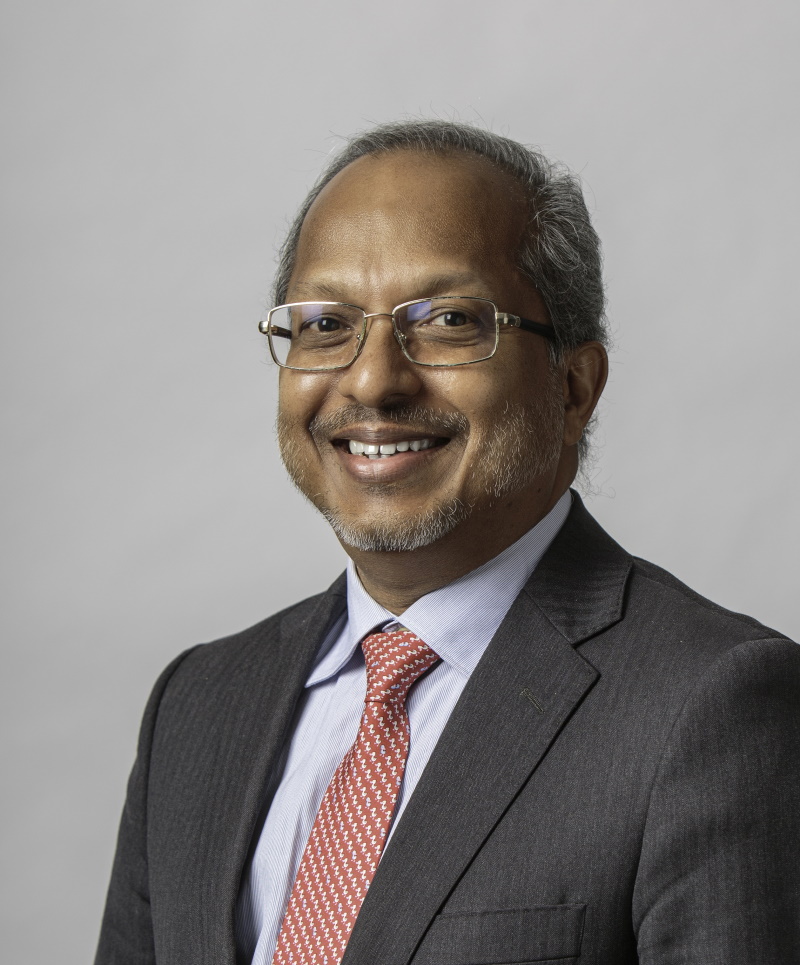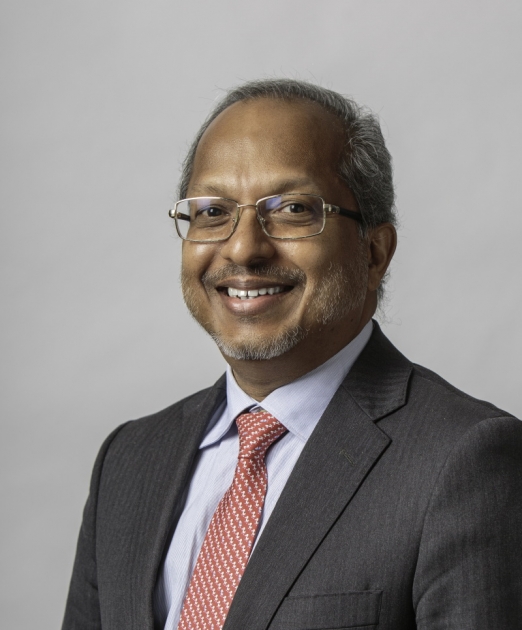
Arthur D. Little’s CEO Insights study reveals that more than half of the Middle East region’s C-suite respondents expect a resilient economic outlook 2023-2018
- Whereas 13% of CEOs in the M-E remain optimistic, 48% foresee a rather stable economic outcomes in the next 8 years.
- In the GCC, Healthcare (25%), Manufacturing (33%) and energy & utilities (33%) see the highest volume of reskilling endeavours in the workplace
- Overall, there will be a moderate need employee reskilling for the telecommunications industry, travel and transportation and financial services.
Despite current challenges, CEOs of the world’s largest companies are embracing the positive and seeing the opportunities in turmoil. Over half (61%) of CEOs in the Middle East expect a stable or positive worldwide economic outlook over the next three to five years. Arthur D. Little (ADL), the leading management consultancy firm with the longest-standing presence in the Middle East region, elaborates on this and many other findings in their new 2023 CEO Insights study, which englobes insights from nearly 250 CEOs from companies worldwide with turnover of more than $1 billion.

Thomas Kuruvilla, Managing Partner, Arthur D. Little Middle East, said: “In the Middle East, we see good examples of an industry’s moves to improve both efficiency and innovation in the travel and transportation industry. The COVID crisis pushed airlines and airports into large-scale efficiency programs to achieve major cost reductions, impacting thousands of jobs. However, at the same time, these companies are forming new partnerships to offer new services to passengers, such as combined intermodal mobility offerings (e.g., bringing together aircraft, rail, and mobility on-demand services). The next eight years will showcase tremendous advances in new client segments in the region as more investment is poured into reskilling initiatives for employees in the manufacturing and energy and utilities sector, ultimately contributing to competitive sustainability projects in the run-up to COP."
What are the drivers of future growth?
Despite the current energy crisis, all CEOs are focusing on innovation when it comes to drivers of future growth. Following the global trend of new geographies, Gulf executives will put less emphasis on diversification and disruptive offering to focus more on new client segments. Globally, over a quarter (26%) listed technology innovation as the most critical factor to growth, well ahead of raw material/energy prices (11%). Factors such as supply chain, and cyber risks both outranked raw material prices globally.
However, there are clear regional differences:
- Environmental and climate change issues are a key focus in Europe, North America, and Asia, but receive less attention in other regions. Though more and more CEOs in the Middle East (7%) are prioritising environmental and climate change as a factor in future growth, they remain closely aligned to their global (10%) counterparts.
- Cyber risk is viewed as a key, urgent factor by 15% of CEOs in Africa, 14% in Asia, and 13% in Middle East and Africa (MEA)/South America, ahead of their peers in Europe and North America. Additionally C-suite in the Middle East believe the most critical factor in economic growth is technology innovation at 29% as compared with the global average of 26%.
.jpg)
Francesco Marsella, Managing Partner, and Global Practice Leader, Strategy & Organization at Arthur D. Little, comments: “In a downturn, conventional business wisdom is to cut costs and focus on survival. Despite current challenges and many dark macroeconomic previsions for 2023, most CEOs we spoke to are optimistic for the future working with passion, entrepreneurship, and creativity to manage performance today while building the future. They see opportunity in adversity, looking beyond the current crisis to embrace a more positive future for their companies and wider society.”
Overall, there will be a moderate need employee reskilling in the GCC for the telecommunications industry, travel and transportation and financial services. By comparison, healthcare (25%), manufacturing (33%) and energy & utilities (33%) see the highest volume of reskilling endeavours in the workplace.
The Arthur D. Little 2023 CEO Insights Study interviewed nearly 250 global CEOs leading companies with a turnover of more than $1 billion. Study respondents are split between key industries and geographies to give unrivalled insight into the minds of those running the world’s biggest organizations.


























